Best Cough Medicine For Heart Patients


A cough in heart patients often signals underlying issues. It can be caused by fluid buildup in the lungs due to a weakened heart, certain heart medications, or even other common infections. This cough develops as the body tries to clear the airways. The best cough medicine for heart patients is often one that addresses the root cause, such as diuretics for fluid retention, or specific cough suppressants deemed safe by a doctor. Overall, managing a heart patient's cough involves careful diagnosis and medication to ensure both relief and cardiac safety.
How Does a Cardiac Cough Occur?
A cardiac cough happens when a weakened heart can't pump blood well, causing fluid to back up and build in the lungs. This fluid irritates the airways, triggering a cough as your body tries to clear it. Certain heart medications can also cause a dry cough.
Benefits of the Best Cough Medicine for Heart Patients:
- Reduces Lung Fluid: Effective medicines can help remove excess fluid from the lungs, easing the congestion that often causes a heart-related cough. This makes breathing easier and less strained for the heart.
- Soothes Airway Irritation: Certain medications calm irritated airways, which can be inflamed by fluid buildup or other factors. This reduces the urge to cough, providing much-needed relief and comfort for the patient.
- Improves Sleep Quality: By controlling the cough, these medicines allow heart patients to get more restful sleep. Better sleep aids overall recovery and reduces the strain on the cardiovascular system.
- Prevents Complications: Treating the cough can prevent it from worsening or leading to more serious issues like respiratory infections. This proactive approach supports better lung and heart health long-term.
- Enhances Daily Comfort: Less coughing means less discomfort and interruption in daily activities. Patients can speak, eat, and move with greater ease, significantly improving their quality of life.
How Many Types of Cough Medicine Are Used for Heart Patients?
For heart patients, two main types of cough medicine are generally considered safer: cough suppressants (like dextromethorphan for dry coughs) and expectorants (like guaifenesin for wet coughs). Combination medicines are available too.
How to Select the Best Cough Medicine for Heart Patients?
- Consult Doctor First: Always seek medical advice before use.
- Identify Cough Type: Dry or wet? Medicines differ for each.
- Avoid Decongestants: They can raise blood pressure, dangerous for the heart.
- Check Ingredients Carefully: Look for safe, heart-friendly components.
- Single Ingredient Option: Reduces the risk of drug interactions.
- Consider Side Effects: Discuss potential impact on heart condition.
- Follow Dosage Exactly: Never exceed recommended amounts for safety.
- Review Current Meds: Avoid conflicts with existing heart medications.
- Liquid vs. Pill: Choose the form that's easiest to take.
Which Are the Best Cough Medicines for Heart Patients?
| Medicine | Description |
|---|---|
| Dextromethorphan (Cough Suppressant) | This helps quiet a dry, irritating cough by acting on the brain's cough reflex. It usually doesn't affect blood pressure or heart rate. |
| Guaifenesin (Expectorant) | This thins and loosens mucus, making it easier to cough up a wet, chesty cough. It is generally safe for heart patients. |
| Coricidin HBP Products | These are specifically formulated without decongestants (like pseudoephedrine or phenylephrine) that can raise blood pressure. Always check the label. |
| Certain Antihistamines | Some antihistamines, like chlorpheniramine or diphenhydramine, can help with a runny nose and post-nasal drip that contribute to cough, and are generally safe. |
You can order the medicine online.
A Heart Patient Should See a Doctor About a Cough:
- New Persistent Cough
- Worsening Cough
- Shortness of Breath
- Chest Pain with Cough
- Swelling in Legs
- Dizziness or Fainting
- Coughing Up Blood
- Unexplained Weight Gain
- Fever with Cough
- Changes in Color
Can I Get Relief from Cardiac Cough?
Yes, you can often find relief from a cardiac cough. Treatment focuses on managing the underlying heart condition, often through medication to reduce fluid buildup or adjust existing heart medicines.
Food to Avoid in a Cardiac Cough:
- High Sodium: Retains fluid, burdens the heart, worsens cough.
- Processed Foods: Often high in sodium, unhealthy fats, and sugar.
- Caffeine: Can stimulate the cough reflex, dehydrate the body.
- Alcohol: Dehydrates, irritates airways, and affects medications.
- Sugary Drinks: Inflammatory, offer no nutrition, and worsen health.
- Fried Foods: Heavy, promote inflammation, strain the heart.
- Spicy Foods: Can irritate the throat, trigger coughing fits.
What Lifestyle Changes Help Prevent Cardiac Cough?
- Manage Fluid Intake: Carefully monitor fluid consumption to prevent excess buildup in the lungs.
- Reduce Sodium: Lower salt intake to minimize fluid retention and heart strain.
- Stay Active: Regular, moderate exercise strengthens the heart and improves circulation.
- Quit Smoking: Smoking severely irritates the airways and damages the heart and lungs.
- Limit Alcohol: Excessive alcohol can weaken the heart and cause fluid imbalance.
- Maintain a Healthy Weight: Excess weight increases heart workload, worsening symptoms.
- Stress Management: Reduce stress; it impacts heart health and can worsen conditions.
- Elevate Head While Sleeping: Helps reduce fluid accumulation in the lungs at night.
Conclusion:
Cardiac cough signals worsening heart health, often due to fluid buildup. The best approach involves treating the underlying heart condition, typically with diuretics or safe cough suppressants like dextromethorphan. Prevention through lifestyle changes (low sodium, active living) and awareness of symptoms is crucial. Always consult a doctor for the right medicine to ensure effective and safe management.
Frequently Asked Questions (FAQs):
Q: Can heart problems cause a cough?
A: Yes, heart conditions, like fluid buildup, often lead to a persistent cough.
Q: What cough medicine is safest for heart patients?
A: Dextromethorphan (suppressant) and guaifenesin (expectorant) are generally safer choices. Consult your doctor.
Q: Should I avoid decongestants with heart disease?
A: Absolutely, decongestants can dangerously raise blood pressure for heart patients. Take the doctor’s advice before use.
Q: Can cough medicine interact with heart medication?
A: It may interact with heart medicine, so it is always preferred to consult your doctor first.
Q: Are there any side effects of cough medicine for heart disease?
A: No side effects are seen generally. In a few cases, mild gastric distress can occur.
Guaifenesin (50mg/5ml) + Terbutaline (1.25mg/5ml) + Bromhexine (4mg/5ml)
100 ml In 1 bottle
Ambroxol (15mg) + Guaifenesin (50mg) + Phenylephrine (5mg) + Paracetamol (325mg) + Cetirizine (5mg)
10 Tablets in 1 strip
Chlorpheniramine Maleate (2mg) + Dextromethorphan Hydrobromide (10mg)
100 ml In 1 bottle
Bromhexine (4mg/5ml) + Guaifenesin (100mg/5ml) + Menthol (1mg/5ml) + Salbutamol (2mg/5ml)
100 ml in 1 bottle
Phenylephrine (5mg/5ml) + Chlorpheniramine Maleate (2mg/5ml) + Dextromethorphan Hydrobromide (10mg/5ml)
100 ml In 1 bottle
Chlorpheniramine Maleate (2mg/5ml) + Dextromethorphan Hydrobromide (5mg/5ml)
100 ml in 1 bottle
Ambroxol (15mg) + Guaifenesin (50mg) + Menthol (2.5mg) + Terbutaline (1.25mg)
60ml In 1 bottle
Recent Blogs
Disclaimer : Zeelab Pharmacy provides health information for knowledge only. Do not self-medicate. Always consult a qualified doctor before starting, stopping, or changing any medicine or treatment.

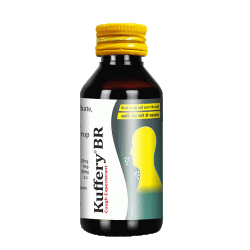
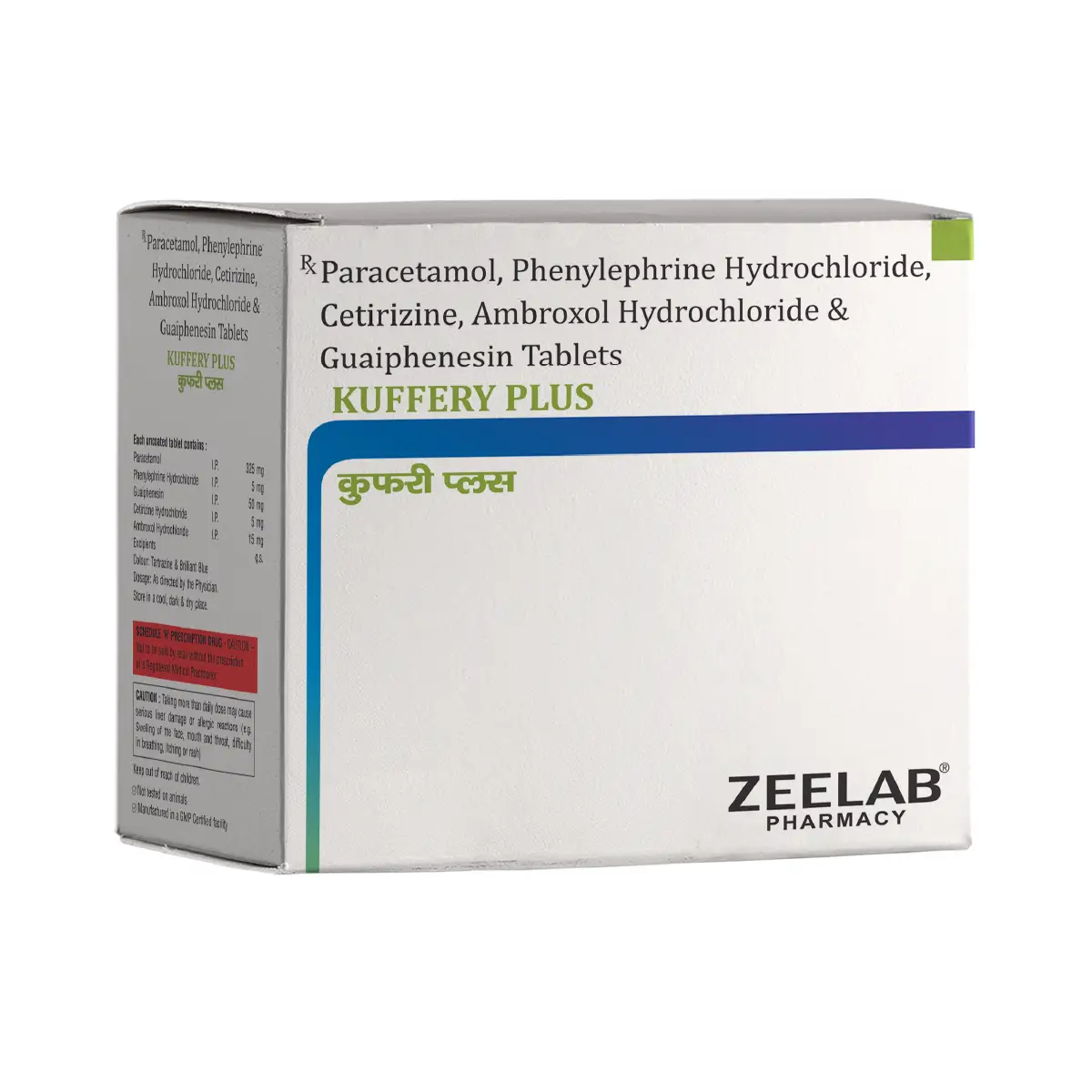
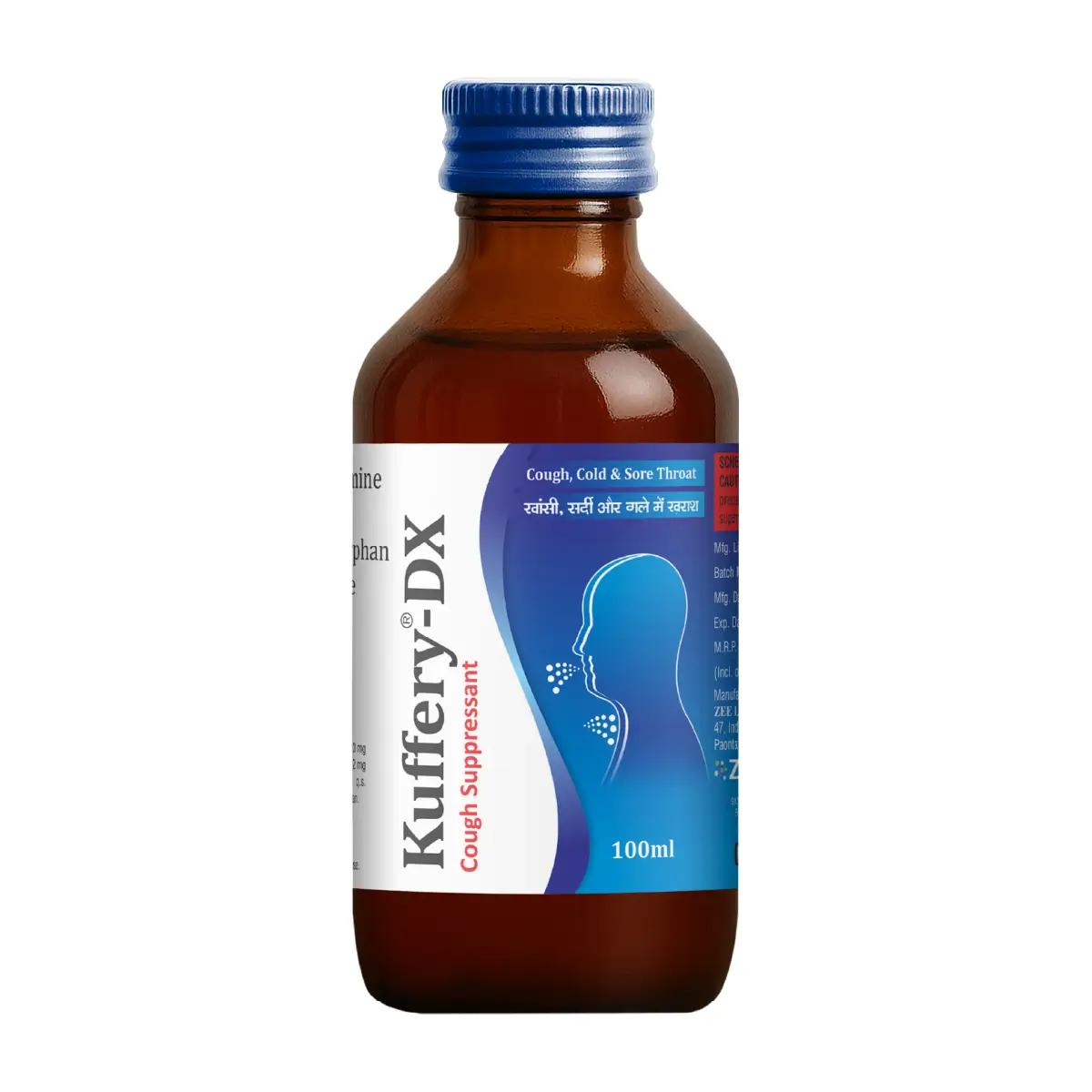
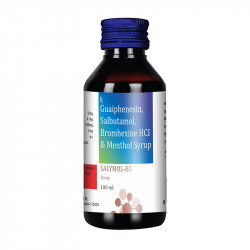
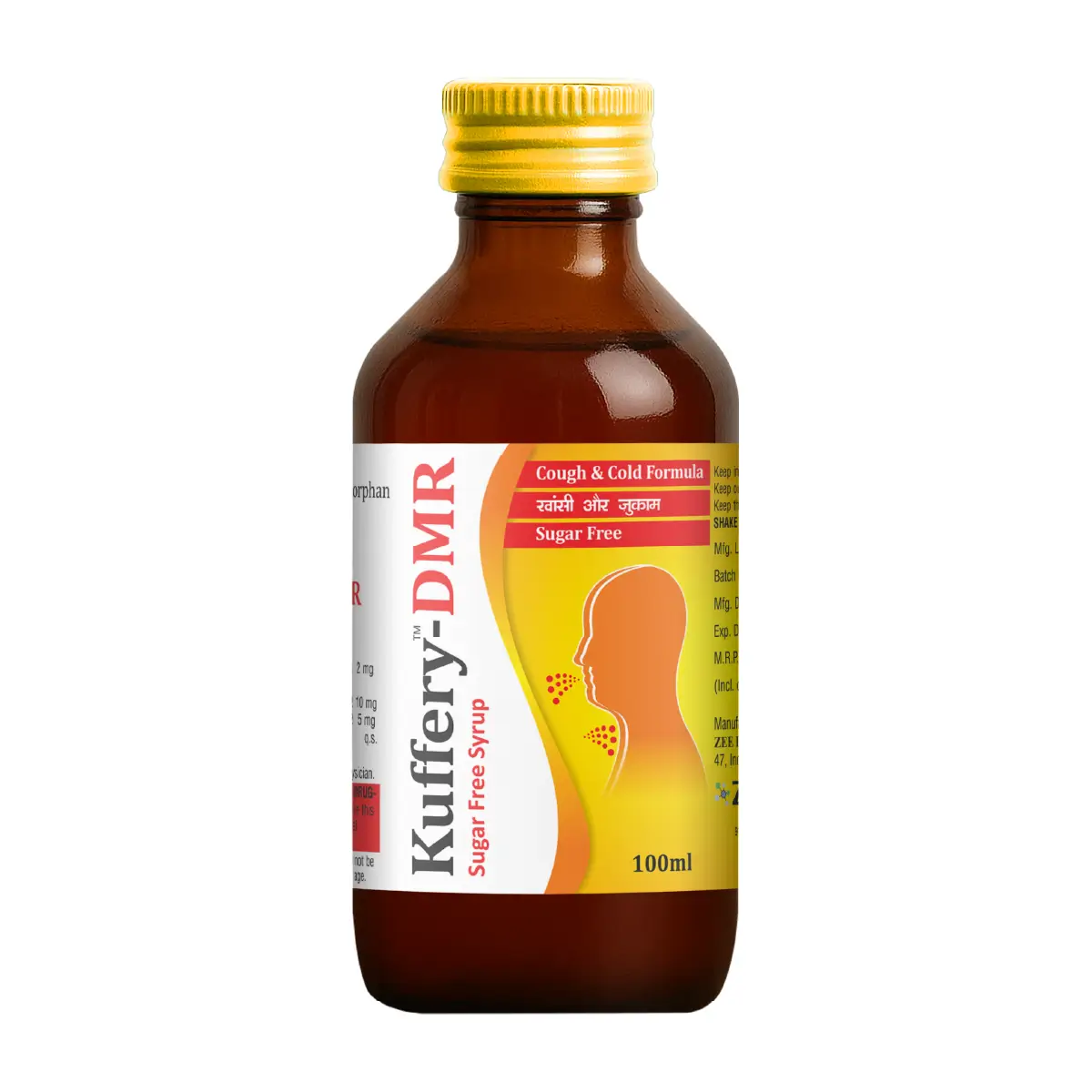
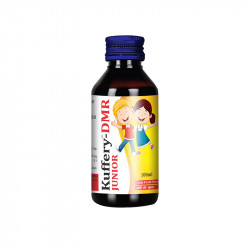
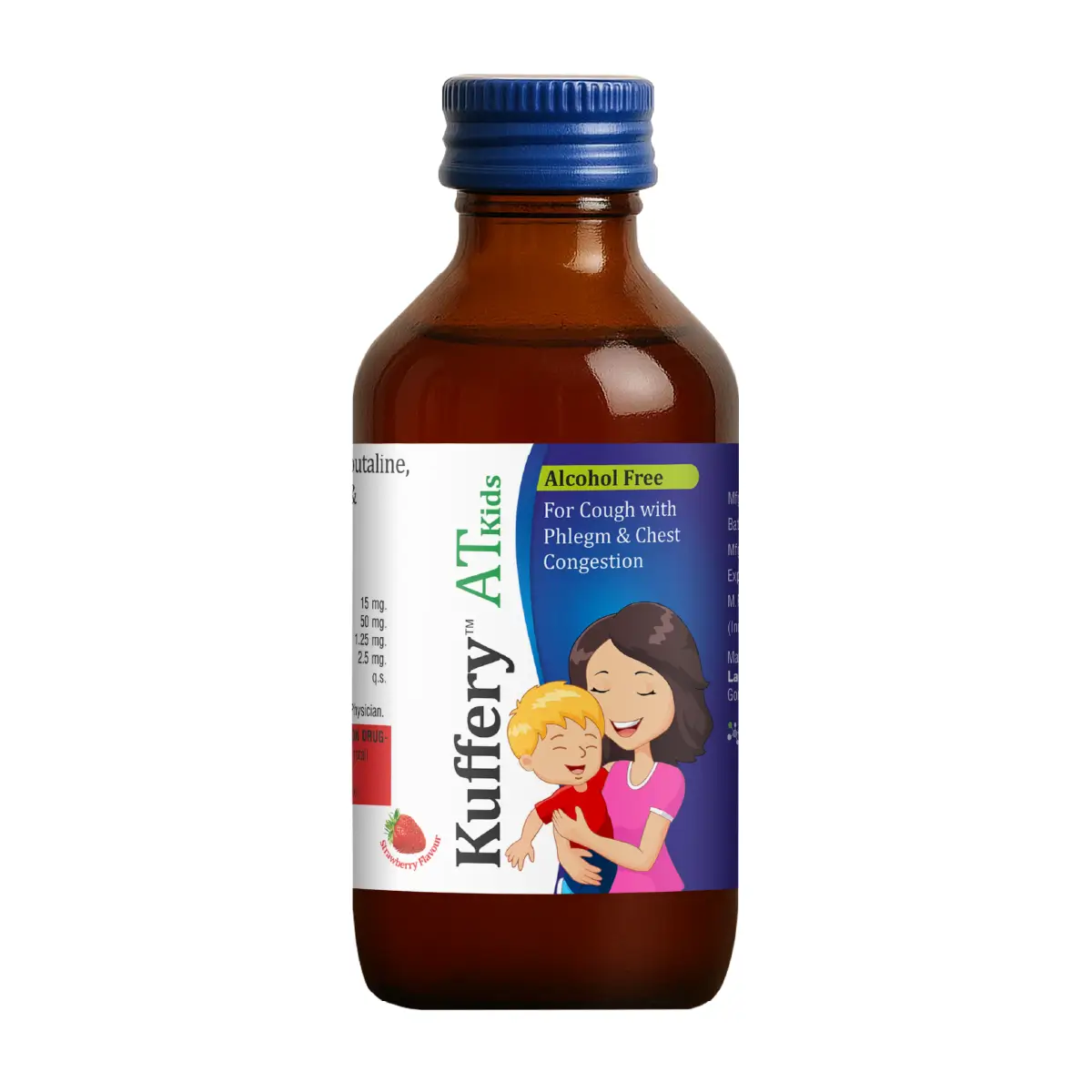















 Added!
Added!